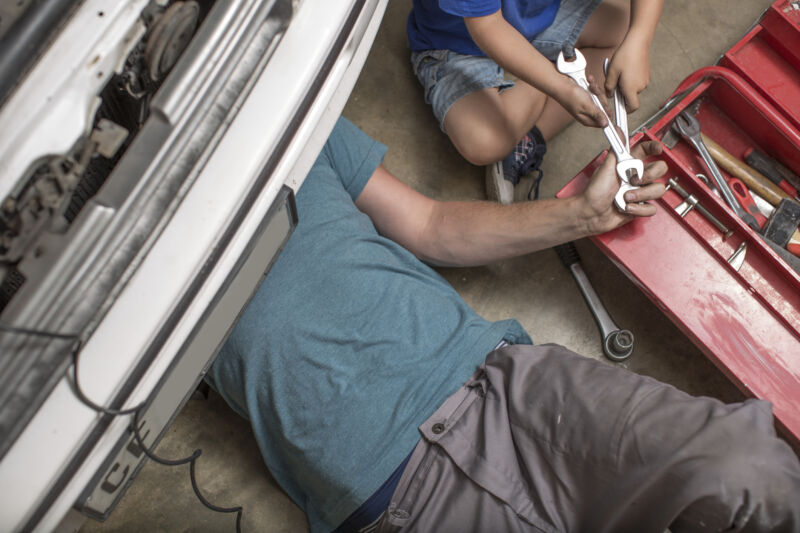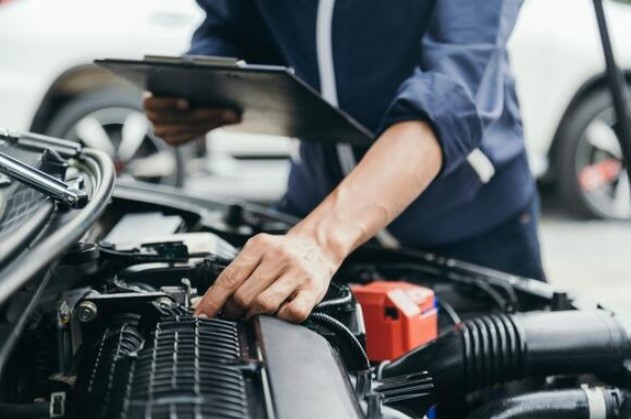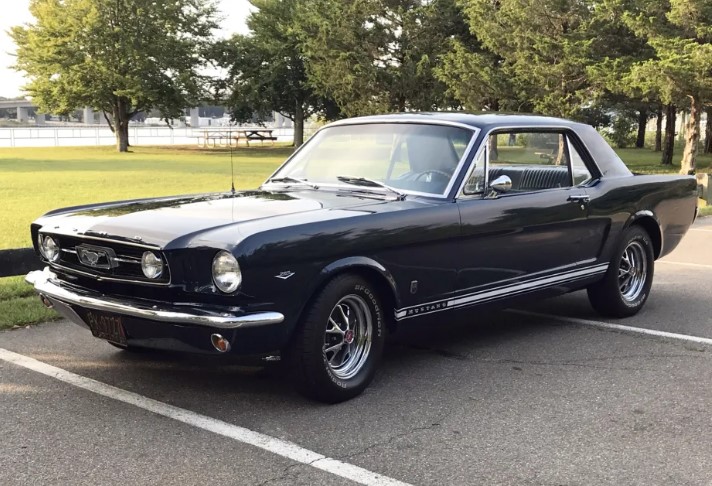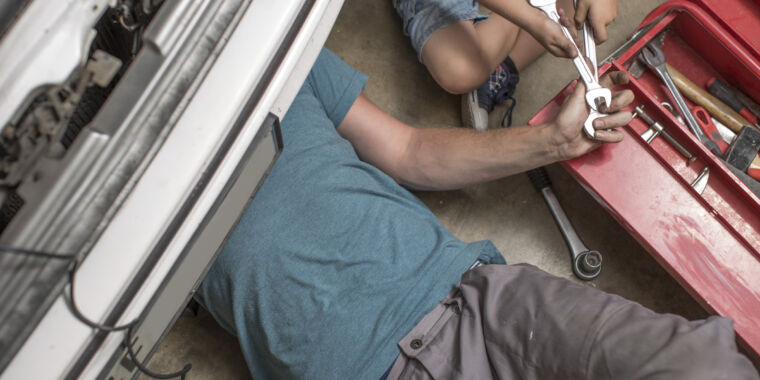
Getty Images
Chie Ferrelli loved her Subaru SUV, which she purchased in 2020 since it created her come to feel risk-free. So when it was time for her spouse, Marc, to order his very own new vehicle previous summer time, they returned to the Subaru vendor in close proximity to their residence in southeast Massachusetts. But there was a catch, just one that manufactured the few mad: Marc’s sedan wouldn’t have entry to the company’s telematics procedure and the app that went along with it. No remote engine start out in the freezing New England wintertime no crisis assistance no automatic messages when the tire force was minimal or the oil desired transforming. The worst aspect was that if the Ferrellis lived just a mile away, in Rhode Island, they would have the options. They acquired the car or truck. But thinking back, Marc states, if he had acknowledged about the issue right before stepping into the dealership he “probably would have long gone with Toyota.”
Subaru disabled the telematics technique and linked attributes on new cars and trucks registered in Massachusetts very last 12 months as component of a spat around a proper-to-maintenance ballot measure accredited, overwhelmingly, by the state’s voters in 2020. The evaluate, which has been held up in the courts, needed automakers to give car or truck house owners and independent mechanics much more accessibility to information about the car’s interior programs.
But the “open data platform” envisioned by the legislation doesn’t exist yet, and automakers have submitted go well with to avert the initiative from using effect. So 1st Subaru and then Kia turned off their telematics devices on their most recent cars in Massachusetts, irking drivers like the Ferrellis. “This was not to comply with the law—compliance with the regulation at this time is impossible—but relatively to stay away from violating it,” Dominick Infante, a spokesperson for Subaru, wrote in a statement. Kia did not reply to a ask for for remark.

The dispute is the most current chapter in very long-working disagreements in between the condition and automakers over the correct to repair service, or consumers’ capability to take care of their personal cars or management who does it for them. In 2012, Massachusetts voters passed a equivalent ballot measure that, for the 1st time, needed automakers to use nonproprietary onboard diagnostics ports on just about every automobile.
A year afterwards, the initiative fashioned the foundation of a nationwide settlement. Automakers assured that automobile owners and mechanics would have accessibility to the same types of applications, computer software, and details that they give to their possess franchised vehicle dealers. As a final result, today any individual can buy a resource that will plug into a car’s port, accessing diagnostic codes that clue them in to what is mistaken. Mechanics are equipped to invest in resources and subscriptions to manuals that guide them by repairs.
So for decades, the ideal-to-restore motion has held up the automotive sector as the uncommon position wherever factors had been likely ideal. Impartial mechanics remain competitive: 70 p.c of auto repairs transpire at independent stores, according to the US trade affiliation that represents them. Backyard tinkerers abound.
But new cars are now computers on wheels, accumulating an believed 25 gigabytes for every hour of driving data—the equivalent of five High definition flicks. Automakers say that tons of this facts isn’t practical to them and is discarded. But some—a vehicle’s area, how certain factors are running at a offered moment—is anonymized and sent to the suppliers delicate, personally pinpointing information like car or truck identification figures are taken care of, automakers say, according to rigorous privacy principles.







More Stories
Essential Auto Repair Services Every Car Owner Should Know
Missouri couple left waiting days to get car back from mechanic
Diagnostic Network Launches New Module Swap System to Enhance Reprogramming Knowledge Among Members